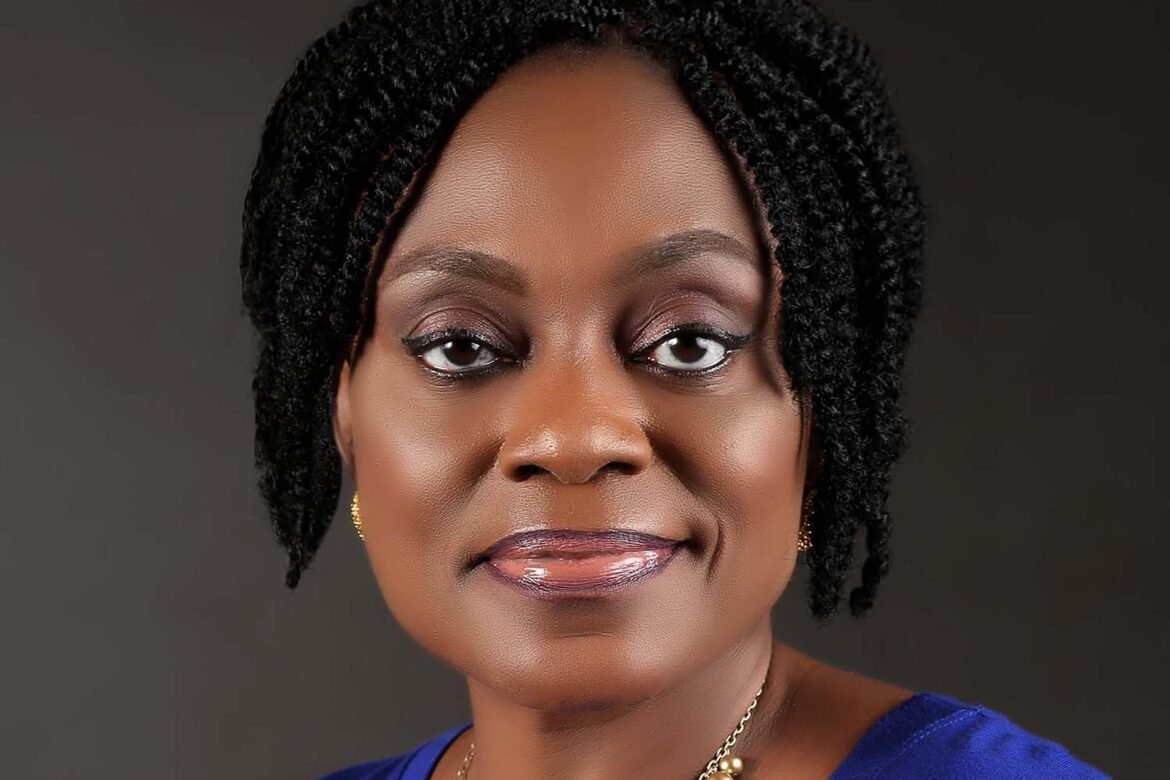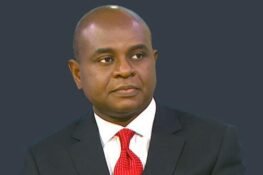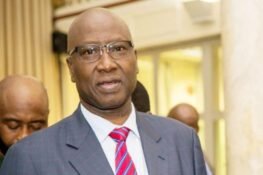The Executive Director of BAOBAB for Women’s Human Rights, Bunmi Dipo-Salami, has asked the Federal Government to bring an end to entrenched discrimination and violence against women.
In a statement on Thursday marking the International Human Rights Day, Dipo-Salami joined organisations, networks, and individuals around the world to celebrate the International Human Rights Day which marks the end of the annual 16 days of Activism against Gender-Based Violence.
She said, “2020 has been an eventful year in so many ways and this year’s theme of “Recover Better, Stand Up for Human Rights” draws our attention to how the secondary impacts of the COVID-19 pandemic have affected the lives of people around the world, particularly women.
“Apart from exposing the gaps in human rights and sustainable development, the pandemic has exacerbated inequalities, structural discrimination, and poverty. Putting human rights at the core of the new normal engendered by the crisis would ensure that governments around the world are able to build back better as they focus recovery efforts on improving the social and economic lives of the people.”
The Executive Director said, “Coming on the heels of the 16 Days of Activism against Gender-based Violence which concentrated efforts on awareness of and accountability for the violation of the rights of women informal workers, the International Human Rights Day this year brings into focus the need to address systematic and entrenched discrimination, exclusion, inequalities and other human rights protection deficits.
“It is only when we address these gaps that we can have a society that is just equitable, prosperous and sustainable.”
She said, “BAOBAB for Women’s Human Rights calls on the government to develop a new social contract which makes the elimination of violence against women in any form; advancement of the rights of women in all its ramifications; as well as ending the discrimination, inequality and exclusion pandemic part of the development priorities of Nigeria going forward.
“We call for the promotion and protection of the economic, social, cultural and political rights of citizens, particularly women. This is critical for the achievement of the global Sustainable Development Goals SDGs.”
Dipo-Salami added that as Nigeria worked to improve, the citizens should also acknowledge that each has a role to play as the government can’t do it alone.
“It is our collective responsibility to break the culture of silence around women’s human rights violations; feminisation of poverty and women’s exclusion from decision-making arenas. Let us demand accountability everywhere and together we shall make meaningful change happen,” she said.








